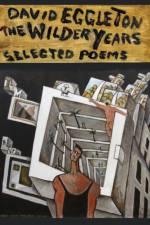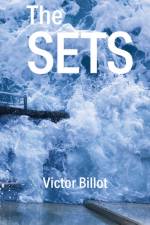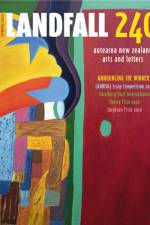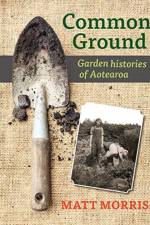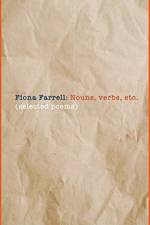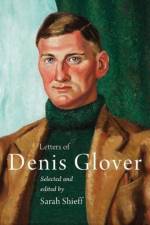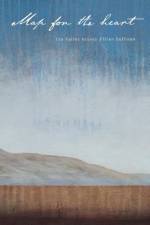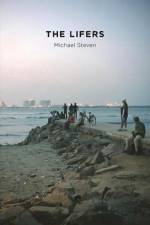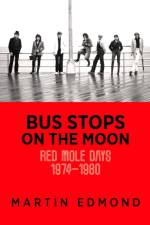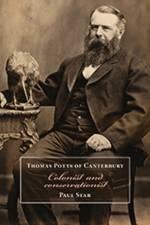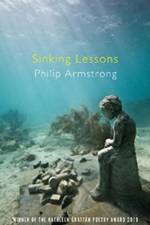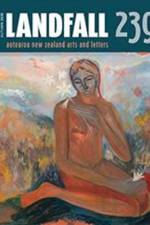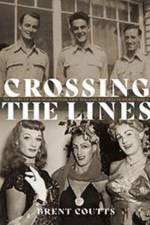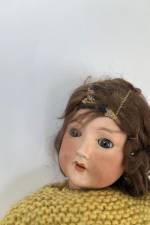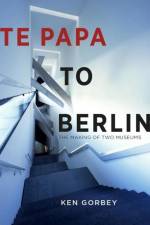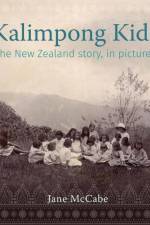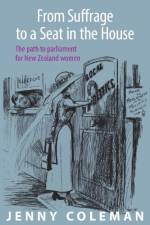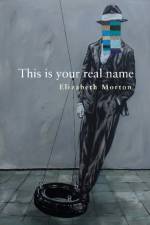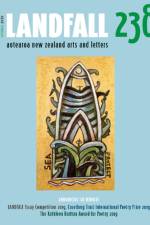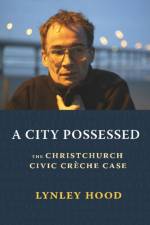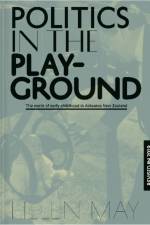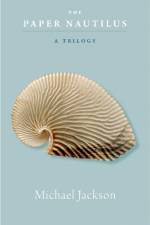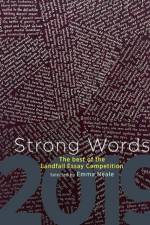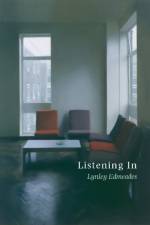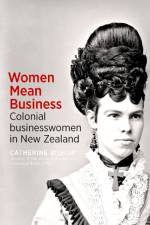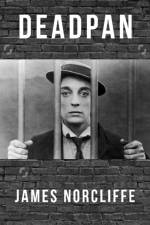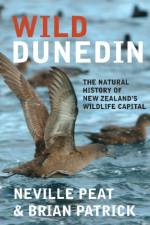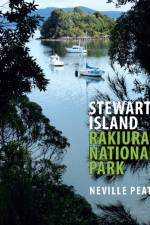275
Landfall is New Zealand's foremost and longest-running arts and literary journal. It showcases new fiction and poetry, as well as biographical and critical essays, and cultural commentary. Each issue brims with a mix of vital new work by this country's best writers. There are reviews of the latest books, art, film, drama, and dance. Landfall is a high-quality production, with artist portfolios in full colour. FEATURED ARTISTS: Nigel Brown, Holly Craig, Emil McAvoy. WRITERS: John Allison, Ruth Arnison, Emma Barnes, Pera Barrett, Nikki-Lee Birdsey, Anna Kate Blair, Corrina Bland, Cindy Botha, Liz Breslin, Mark Broatch, Tobias Buck, Paolo Caccioppoli, Marisa Cappetta, Janet Charman, Whitney Cox, Mary Cresswell, Jeni Curtis, Jodie Dalgleish, Breton Dukes, David Eggleton, Johanna Emeney, Cerys Fletcher, David Geary, Miriama Gemmell, Susanna Gendall, Gail Ingram, Sam Keenan, Kerry Lane, Peter Le Baige, Helen Lehndorf, Kay McKenzie Cooke, Kirstie McKinnon, Zoe¨ Meager, Lissa Moore, Margaret Moores, Janet Newman, Rachel O'Neill, Claire Orchard, Bob Orr, Jenny Powell, Nina Mingya Powles, Lindsay Rabbitt, Nicholas Reid, Jade Riordan, Gillian Roach, Paul Schimmel, Derek Schulz, Michael Steven, Chris Stewart, Robert Sullivan, Stacey Teague, Annie Villiers, Janet Wainscott, Louise Wallace, Albert Wendt, and Iona Winter.

